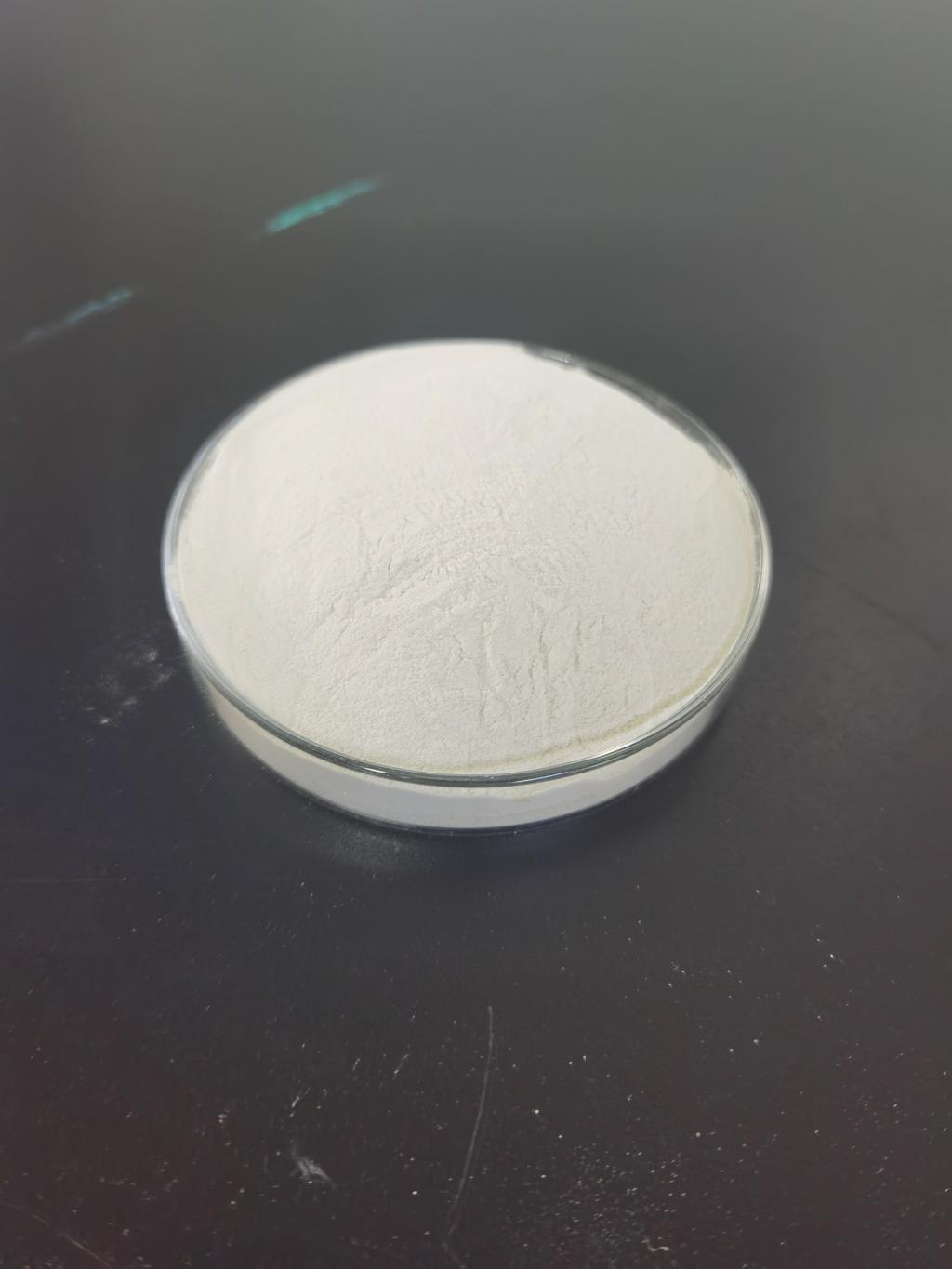Tel:+8618231198596

News
 CONTACT
CONTACT
 CONTACT
CONTACT
- Linkman:Linda Yao
- Tel: +8618231198596
- Email:linda.yao@dcpharma.cn
- Linkman:CHARLES.WANG
- Department:Overseas
- Tel: 0086 0311-85537378 0086 0311-85539701
News
How does Nisin affect the spoilage of food products?
TIME:2023-03-31
In this article, we will discuss the effects of nisin on the spoilage of food products.
The Mechanism of Action of Nisin:
Nisin works by binding to the bacterial cell membrane, leading to membrane disruption and cell death. It also has the ability to bind to cell wall precursors, inhibiting cell wall synthesis and leading to the lysis of bacterial cells. The antimicrobial activity of nisin is enhanced in acidic conditions, making it an effective preservative in acidic food products, such as fruit juices.
Nisin's Effect on Food Spoilage:
Food spoilage is caused by the growth of microorganisms, such as bacteria, yeast, and mold. These microorganisms break down the food components, resulting in undesirable changes in texture, flavor, and aroma. Nisin inhibits the growth of spoilage bacteria, thereby prolonging the shelf life of food products. It has been shown to be effective against a wide range of spoilage bacteria, including Lactobacillus, Leuconostoc, Pediococcus, and Clostridium.
In addition to its antimicrobial activity, nisin also has antifungal properties, making it effective against spoilage fungi, such as Aspergillus and Penicillium. Nisin has been shown to inhibit the growth of these fungi in cheese, baked goods, and other food products.
Nisin is particularly effective in dairy products, where it inhibits the growth of spoilage bacteria, such as Lactobacillus and Pediococcus. These bacteria can cause spoilage and off-flavors in dairy products, such as cheese and yogurt. Nisin has been shown to be effective in preventing the growth of these bacteria, thereby prolonging the shelf life of dairy products.
Nisin has also been shown to be effective in meat products. Spoilage bacteria, such as Lactobacillus and Brochothrix thermosphacta, can cause spoilage in meat products, resulting in off-flavors and discoloration. Nisin has been shown to inhibit the growth of these bacteria, thereby prolonging the shelf life of meat products.
Safety Considerations:
Nisin is considered safe for consumption by regulatory agencies, such as the FDA. It has been used in food production for over 50 years and has been extensively studied for its safety and efficacy. Nisin is not toxic and has no adverse effects on human health. However, some individuals may be allergic to nisin, and it should be avoided by those with a known allergy.
Conclusion:
Nisin is a natural antimicrobial peptide produced by the bacterium Lactococcus lactis. It is effective against a wide range of spoilage bacteria and fungi and has been shown to prolong the shelf life of food products, particularly dairy and meat products. Nisin is considered safe for consumption and has been used in food production for over 50 years. As a natural preservative, nisin offers a safe and effective way to prevent food spoilage and extend the shelf life of food products.
- Tel:+8618231198596
- Whatsapp:18231198596
- Chat With Skype







